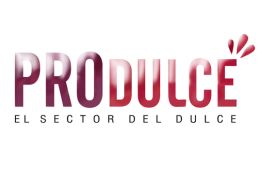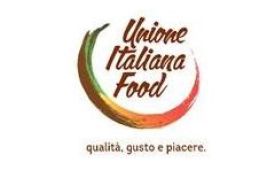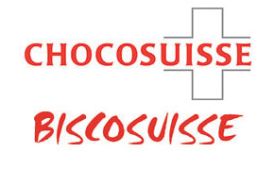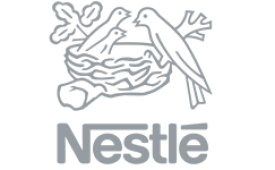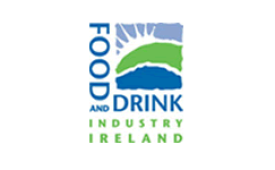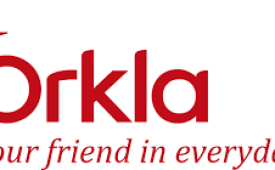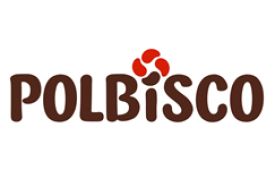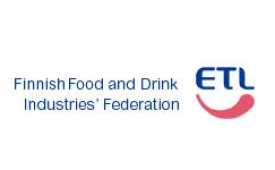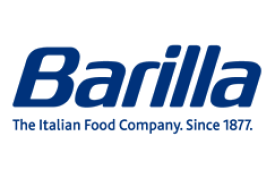Vision to stop deforestation
The Role of Sustainable Palm Oil in the Fight against Deforestation
CAOBISCO supports the European Commission’s development of supply side measures to address deforestation and to encourage sustainably produced commodities. With this position paper, CAOBISCO shows support for sustainably produced palm oil which we believe to be a much better and more reasonable alternative to stopping the use of palm oil in general. As the EU can play a decisive role in the transition towards sustainable palm oil production worldwide, CAOBISCO welcomes EU initiatives to drive this process forward.
1) Context
The EU is among the major importers of forest risk commodities, as the recently published feasibility study on options to step up EU action to combat deforestation and forest degradation shows.1 The EU can support the process towards sustainable and deforestation-free supply chains through concrete EU policy action and by supporting and complementing actions from the private sector.
In 2017, the EU imported about 6.7 million metric tons of palm oil and about 730 thousand metric tons of palm kernel oil2, representing around 11,1% and 8,8% respectively of the total world production.
The Roundtable on Sustainable Palm Oil (RSPO), a multi-stakeholder approach where all stakeholders, including food manufacturers, governments, NGOs and retailers work together, is a key global initiative working to ensure palm oil is sourced sustainably.
The RSPO3 was formed in 2004 by NGOs and industry with the objective of transforming the palm oil sector towards sustainability and transition towards 100% certified sustainable palm oil (CSPO) production and consumption. The RSPO has developed a set of social and environmental criteria and created a global certification standard system for sustainable palm oil. The activities of the RSPO and its 4,000 food and non-food manufacturer members have increased the volume of CSPO, reaching 3.74 million ha of certified plantations and 13.47 million tons of palm oil, which represents 19% of global production. Though, less than 50% of the certified palm oil volume was sold as RSPO certified palm oil – this is a clear sign of lack of action, also in other sectors than food, to purchase sustainably produced palm oil and live up to deforestation commitments. In November 2018, the RSPO adopted a renewed certification standard aimed at universally strengthening social development, environmental protection, and economic prosperity across the sustainable palm oil value chain. This revised set of criteria and principles include no new planting on peatland and the protection of High Conservation Value (HCV) and High Carbon Stock (HCS) for new plantings after 2018. The review process also resulted in the subsequent development of an additional and separate standard specifically for independent smallholders. The separate standard should increase the number of smallholders included in the RSPO sustainable supply chains.
2) Private sector engagement to halt deforestation in palm oil production
Several CAOBISCO members are working closely with stakeholders all along the supply chain –producers, refiners, retailers, nonâ€governmental organisations – for example through their RSPO membership – and have palm oil action plans that drive sustainable palm oil production.
In December 2015, CAOBISCO signed the Amsterdam Declaration4, in Support of a Fully Sustainable Palm Oil Supply Chain by 2020 with the governments of Denmark, France, Germany, the Netherlands and the United Kingdom5, followed by Norway (in 2016) and Italy (in 2017), as well as civil society.
Through the signing of the Declaration, CAOBISCO underlines the commitments of the confectionery industry and encourages the sector to be more ambitious. Steady progress is made every year, and many companies have already reached their goal of achieving 100% Sustainable Palm Oil. However, some are not there yet. In 2017, according to the European Palm Oil Alliance, 74% of palm oil imported for food into Europe was RSPO-certified6.
3) Our Proposal to stop deforestation
Private sector initiatives alone cannot drive the change towards sustainability. CAOBISCO encourages the European Commission to:
- Boost demand for sustainable palm oil in and outside the EU7. If sustainable palm oil becomes the "rule" in Europe, the EU will have the credibility to encourage producing countries as well as other importing markets to address social and environmental challenges.
Within the EU it would also enable smaller players to use sustainable palm oil, providing a level playing field amongst manufacturers. The ultimate goal is to establish sustainability as the new norm for the mainstream supply, but sufficient time and effort must be given to
allow all players in the value chain to transform their supply chain practices. Therefore, a stepwise approach is desirable to bring as many players as possible on board. - Support campaigns to increase European citizens’ awareness of sustainable palm oil. Weak consumer demand for sustainable palm oil in the EU is due to: a lack of consumer awareness of its existence or, avoidance of products containing palm oil altogether also due to unhelpful
initiatives such as the use of “palm oil free” claims on products in several EU markets.
European consumers play a key role in demanding products containing sustainably produced palm oil, but they need to be aware of its existence and need to understand what sustainable palm oil means for smallholders and communities in producing countries. One way to promote awareness could be through the use of a credible EU certification scheme logo. As
underlined in the “Study on the environmental impact of palm oil consumption and on existing sustainability standards”8, the implementation of such scheme would provide “some
degree of confidence that palm oil supply chains are free from the worst forms of environmental and social impact”9 and, consequently, it will help consumers make the right choice. Another idea could be the creation of a smart-phone application (endorsed by the EU) that would allow consumers to know whether a product contains sustainably-produced
palm oil. - Offer technological aid and knowâ€how support as well as financial incentives to smallholders. Small suppliers and smallholders face difficulties in improving standards and achieving certification. There is little incentive for smallholders to embark in the certification journey also given insufficient demand for Certified Sustainable Palm Oil (CSPO) in the
majority of importing markets. In this regard, smallholder farmers and rural populations must receive more support and incentives to maintain and improve their access to the global market. Furthermore, the European Commission could support this through, for example, landscape scale jurisdictional approaches and open source platforms between the private
sector, civil society and local government deforestation-free commitments. - Push for sustainable development objectives, notably through preferential tariffs for sustainably produced commodities. The EU should use the sustainable palm oil example in future free trade or development cooperation agreements in line with the UN Sustainable Development Goals10. Doing so would pave the way to make sustainability become the norm for other commodities.
- Support capability and capacity building of local governments in producing countries. Local authorities in producing countries need resources, educational skills and technical support for the conservation of natural forests. Existing land use planning, forest monitoring and
assessment programmes are neither complete nor integrated. A more joined-up approach is required to guide policy decisions and monitor implementation. The European Commission should support initiatives such as from the World Resources Institute (WRI) which released maps for all RSPO certified palm oil concessions on the Global Forest Watch platform which are an important step forward. - Develop public procurement guidelines. As some EU Member States are large buyers of palm oil, sustainable public procurement practices could significantly boost the demand for sustainable palm oil.
CAOBISCO looks forward to continuing discussions with the European Commission on these proposals and on their implementation in a structured dialogue.
1 http://ec.europa.eu/environment/forests/pdf/KH0418199ENN2.pdf
2 United States Department of Agriculture Foreign Agricultural Service https://apps.fas.usda.gov/psdonline/app/index.html#/app/downloads
3 http://www.rspo.org/
4 https://www.euandgvc.nl/documents/publications/2015/december/7/declarations-palm-oil
5 Full list of countries who have signed the Amsterdam Declaration can be found at the following link:
https://askrspo.force.com/s/article/What-is-the-Amsterdam-Declarations-Partnership
6 https://www.palmoilandfood.eu/en/news/progress-report-choosing-sustainable-palm-oil%E2%80%99
7 It is estimated that the supply is twice as high as the demand. More detail at https://rspo.org/about/impacts
8 European Commission, 2017, op. cit.
9 European Commission, 2017,op. cit., pag. 345
10 http://www.un.org/sustainabledevelopment/sustainable-development-goals/
